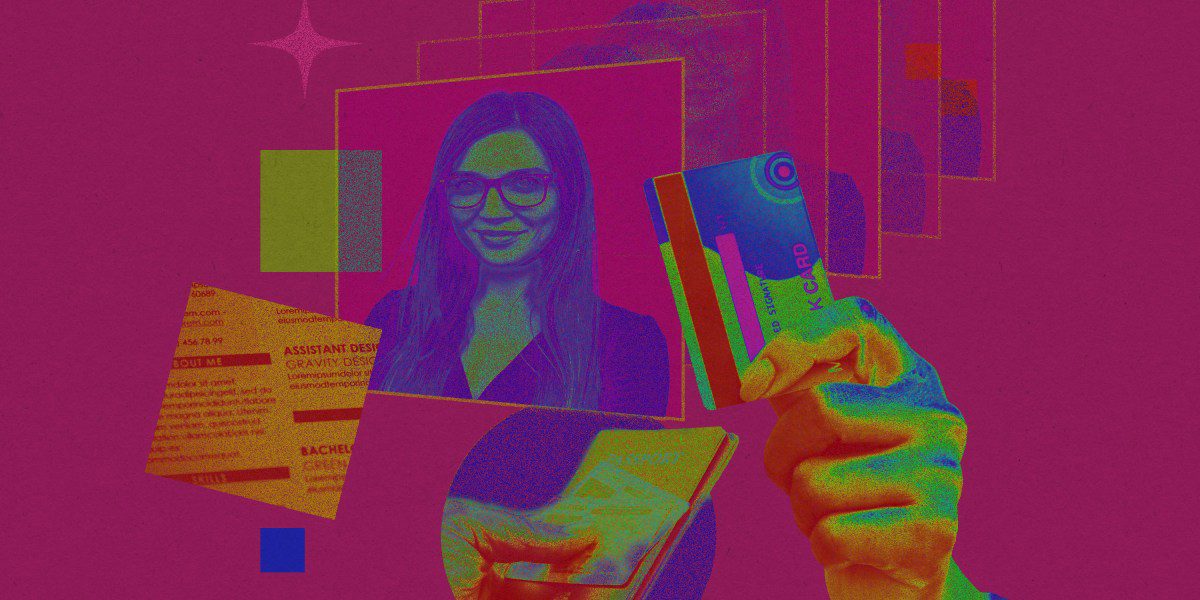The Shocking Truth About Your Personal Data Online
Let’s face it: we’re living in an age where anything you put online can—and likely has—been scraped for data. Sounds daunting, right? That’s the reality unearthed by researchers like William Agnew, a postdoctoral fellow in AI ethics at Carnegie Mellon University, who emphasizes just how vulnerable our personal information has become.
The Data Scraping Epidemic
Imagine scrolling through your social media feed, posting photos and thoughts. Now, imagine that all that data—your credit card, your driver’s license, even your résumé—isn’t as private as you think. Researchers recently stumbled across thousands of validated identity documents and over 800 genuine job application documents connected to real people through platforms like LinkedIn. Yes, this includes everything from birth certificates to sensitive health information.
What’s even more alarming? Many résumés revealed not just professional experiences, but personal details like disability statuses, birthplaces of dependents, and more. In a world where people are already cautious about sharing their private life, this is a gut punch.
The Scale of the Problem
The researchers, led by Rachel Hong, a PhD student in computer science, discovered that the DataComp CommonPool data set—which boasts a staggering 12.8 billion data samples—was supposed to serve academic purposes. Sounds great in theory, right? But here’s the kicker: there’s nothing stopping companies from using it commercially. And with over 2 million downloads in just two years, this data has already made its way into numerous models.
What does this mean for you? Essentially, every piece of content you share on the internet has a possibility of being catapulted into the vast digital universe, leaving a trail for anyone to follow.
Good Intentions, Bad Outcomes
Now, not all data scraping comes from nefarious motives. Sometimes, companies collect data under the guise of “research,” but that’s no comfort when you consider the potential consequences. Abeba Birhane, a cognitive scientist at Trinity College Dublin’s AI Accountability Lab, puts it bluntly: assuming that large-scale web-scraped content contains harmful material is probably the safer bet.
Do you really want your casual online joke or photo tying back to sensitive information being sold to the highest bidder? It’s a harsh truth we all might cringe at, but it’s worth contemplating.
Solutions and Takeaways
So what can you do? Here are a few tips to protect your personal data:
- Be selective about what you share online. Think before you post.
- Regularly check your privacy settings on social media platforms.
- Use privacy tools and browsers that emphasize data protection.
At the end of the day, we all must play a part in safeguarding our digital identities.
You can read more about the intricacies of data privacy here.
So what’s your take? Are you now more cautious about the information you share online? Let’s keep this conversation going!
